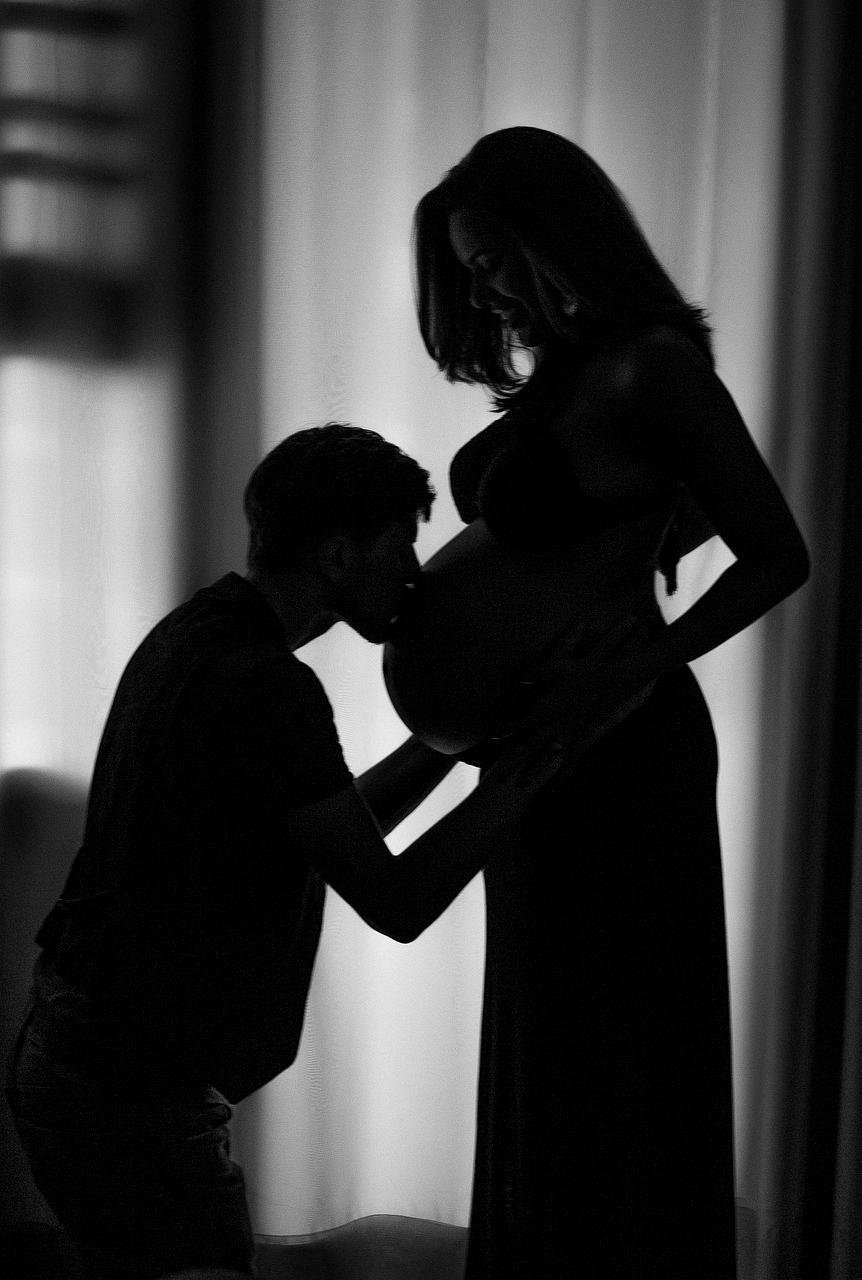When it comes to counting your pregnancy, it might seem a bit confusing at first. Many people believe that pregnancy begins at conception, but that’s not entirely accurate. The official start of your pregnancy timeline is considered to be the first day of your last menstrual period (LMP). This means that pregnancy is typically calculated as lasting for 40 weeks, which is equivalent to around 10 months.
The Importance of Tracking Your LMP
Tracking your LMP is crucial when it comes to determining the progress of your pregnancy. By knowing the date of your last period, healthcare providers can estimate your due date and monitor the growth and development of your baby accordingly. It serves as a useful reference point for both you and your healthcare team.
Calculating Your Due Date
Based on the first day of your LMP, healthcare providers can estimate your due date by adding 40 weeks or approximately 280 days to that date. This estimated due date provides a timeline for your pregnancy journey and helps in planning for prenatal care, delivery, and postpartum care.
Trimesters and Weeks of Pregnancy
Throughout your pregnancy, it is divided into three trimesters, each lasting about 12-14 weeks. The three trimesters are crucial stages of development for both you and your baby. Each trimester comes with its set of milestones and changes, both physically and emotionally.
Early Signs of Pregnancy
During the early weeks of pregnancy, you may experience various symptoms such as fatigue, nausea, breast tenderness, and mood swings. These signs can often indicate the beginning of your pregnancy journey and prompt you to take a pregnancy test to confirm your suspicions.
Monitoring Your Baby’s Growth
As your pregnancy progresses, your healthcare provider may recommend regular prenatal check-ups and ultrasounds to monitor your baby’s growth and ensure that everything is progressing as expected. These appointments play a crucial role in tracking your baby’s development and well-being.
Factors Affecting Pregnancy Duration
While the standard pregnancy duration is considered to be 40 weeks, it’s essential to remember that every pregnancy is unique. Factors such as preterm birth, post-term birth, and variations in menstrual cycles can all influence the actual duration of your pregnancy.
Preparing for Labor and Delivery
As you approach your due date, it’s important to prepare for labor and delivery. Attend childbirth classes, create a birth plan, pack your hospital bag, and discuss your options with your healthcare provider to ensure that you are ready for the big day.
The Final Weeks of Pregnancy
During the final weeks of pregnancy, you may experience increased discomfort, Braxton Hicks contractions, and nesting instincts as your body prepares for labor. It’s essential to stay in close communication with your healthcare team and address any concerns or questions you may have.
Postpartum Recovery and Care
After giving birth, your postpartum recovery and care are crucial for both you and your baby. Make sure to follow your healthcare provider’s guidance, get enough rest, eat nutritious meals, and seek support from loved ones during this transition period.
Embracing the Journey of Motherhood
Counting your pregnancy from the first day of your LMP marks the beginning of a remarkable journey into motherhood. Embrace the changes, challenges, and joys that come with pregnancy and cherish each moment as you prepare to welcome your little one into the world.
Conclusion
Starting to count your pregnancy involves understanding the significance of your LMP, calculating your due date, monitoring your baby’s growth, and preparing for labor and delivery. By keeping track of your pregnancy timeline and milestones, you can navigate this transformative experience with confidence and excitement.

